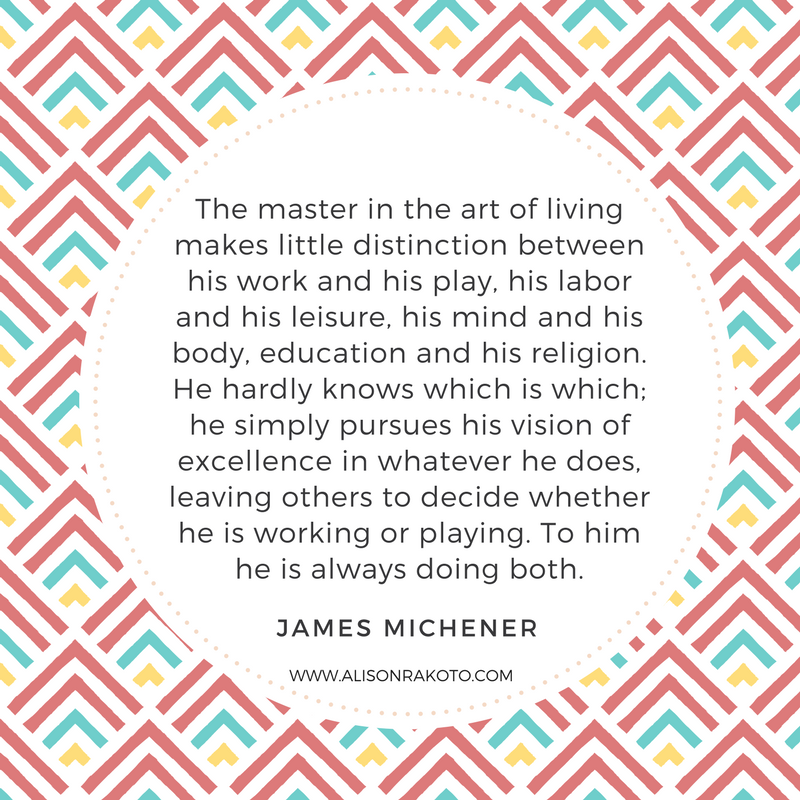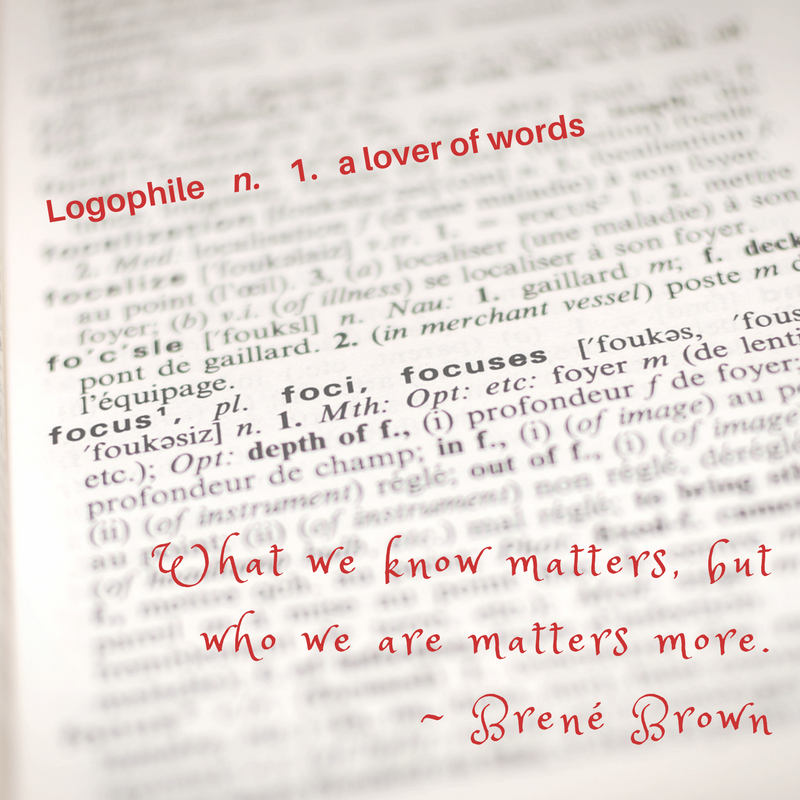Goal Setting: How to live a life you love!
Step into Your Fear and out of your Comfort Zone
To find a real sense of success, you must step out of your comfort zone.
You must risk vulnerability. To pair success with happiness, you must also set goals.
To risk failure is how you win big.
Achieving your goals also means you need a plan and a vision. And you need to be clear about your values. Sometimes you need to forget about the “shoulds” and instead focus on the points that cause you discomfort.
Should I…???
You will note that I put “should” in italics. Why? Because “should I” is a dangerous meandering path when goal setting. “Should I” or “I should” phrases indicate actions that we take to fulfill someone else’s expectation of us.
As a young person, I went to university because my parents said: “I should go.” Many of us that go to university go because we should. Now, I don’t mean to say that going to university is a terrible idea, but if you are going to spend four or five years of your youth and countless dollars on a university campus, then you better darn make it count.
Too often we go to university to just “to learn” or because we want to follow our hearts, but we don’t sit down and start day one with a specific goal in mind. We think that obtaining a bachelor’s degree is enough.
We go, and we finish university because studies show that those with a bachelor’s degree earn more money than those without and those with a master’s degree make even more. And so our parents and society and everyone else tell us that to be successful, we should go to college.
And yet, we have the famous college dropouts like Bill Gates and Steve Jobs.
What gives?
Jobs and Gates had goals. They had a plan coupled with the intelligence and the willpower to go it alone. They took a significant risk; they stepped out of their comfort zone. Dropping out of college makes us vulnerable. Staying in school is the comfortable, easy path. But not everyone is a Jobs or a Gates.
Read about Bill Gates on his website.
Why should I go to University?
Think about it. In the long run, it is much easier to stay in school than it is to drop out. Univesity graduates make more money and have a more comfortable path. But earning a degree will not necessarily deliver job satisfaction or a reliable paycheck.
Why should I go to university?
Be clear about your intentions. Why are you going? Do you need to change your goals?
When you talk to “adults” it is surprising how many people slog along every day unhappy and dissatisfied. These people demonstrate what happens when we follow the rules too closely.
Many of these dissatisfied folks checked off all the “shoulds haves” on the list, but they also avoided the “shouldn’t haves.” They stayed in the comfort zone and played by the rules. And now they are jaded adults. Don’t listen to them.
At the same time, Jobs and Gates may not have graduated from university, but this doesn’t mean that should quit university or skip it all together. My point is that you need a goal, a plan.
You need a plan.
You need to know why you are doing what you are doing. You’ll recall that Jobs and Gates both had a plan. And, you will also notice if you look at the Fortune 500 list there are more people on the list with degrees than without. Most of us are not brilliant geniuses with unique ideas like Apple. Finishing university does make sense for must of us. Usually.
You need to set 3-year, 5-year, and 10-year goals. You need to look at who can help you achieve your goals. What is blocking your way? You need to find answers to the following questions:
- What will I do when I finish university?
- Why am I taking specific classes? Will these classes serve me after university?
- Who is my mentor? Or where can I find a mentor?
- What experience can I get now that will help me later? Internship? Volunteer? Research project? Hobby
How should I decide on my major?
What will challenge you, but also be exciting? What courses will make you jump out of bed in the morning?
What do you find yourself chattering away about at a party? Or when calling your grandmother?
What kind of people do you enjoy spending time with? Not who do you THINK you should spend time with, but what kind of people make you happy?
Who am I?
If you need direction, taking a career assessment, strength finder or personality assessment (or all of those as mentioned above) can also be very useful. Personally, I like the Strengths Finder book and test, because the idea is to explain to you your strengths and how they work together. I didn’t take this test until the age of 33, and it changed my life.
Read more about StrengthsFinder 2.0
If I’d taken it at age 20, perhaps I’d have stepped out of my comfort zone much earlier! Self-understanding and appreciation are vital to career success.
Today, there are also many online “free” personality type tests. These can be taken for fun, but I am weary of these free tests when making a career decision. Ideally, I recommend taking personality tests as part of a class or workshop through careers services or an association.
Next best, is to find and take an actual test online and or buy the book. You can self-grade and assess. The Myers-Briggs personality type, for example, is well known, well used, and easy to understand. There are knock-off versions for free, but I highly recommend (and I am not associated or paid by them in any way) taking the real test!
Note that a personality type test is not the same as a Strengths test. One shows what you are natively good at, the other shows how you like to work. Different personality types may have the same skills and strengths. Not everyone in your field will work or think just like you.
Unique and Indirect Paths Can be Good
Maybe your chosen field of study will be different than your first, second or third career path. This discrepancy is not a bad thing. You can study biology or film and still end up on Wall Street or with the CIA. But you need to be intentional. You need to know why you do what you do and when. You need to make sure you have the skills that your future career requires.
Life is a journey, and it is okay to change directions, but the most successful people know why they take certain turns. And they can explain that change to their future boss.
Live a Life you Love: Don’t Settle for Comfort
I had a happy youth. Nothing fancy, but I grew up in a nice home in the mountains outside of Boulder. My father built much of it with his own hands. My mother worked at the University of Colorado. My grandparents lived nearby (Boulder and Steamboat). Our small extended family kept us close. My older brother showed up from time to time bearing gifts (watermelons, ice cream, and truck stop oddities) and I never wanted for anything.
I never knew hunger or poverty, except in tales. I saw divorce, but I never witnessed it personally. I saw death, but with older family (grand and great-grandparents) it was a natural progression for loved ones who had lived good lives and been loved.
I lived a life without fear or adversity. When I graduated from high school, I did exactly what I should do to maintain that comfort. I moved my life in a safe direction. And I met with relative success, in the relative security of a life lived on the foundations built by my ancestors and my fellow Americans.
In other words, safe actions plus a lot of good luck meant I achieved relative success in my career. For this, I am grateful because many people in the world do not experience this type of luck and opportunity.
The thing is, to find happiness and to achieve our full potential in life, we need to break out of our comfort zone. We need to experience discomfort. Strength and lessons can come from encountering and conquering adversity. Building a career we love, to live a life we love, requires intention and a little discomfort along the path. Discomfort is okay. It is in fact normal.
Whether you live a life of luck or a life of difficulty. Whether you feel your life is blessed or cursed, we can all benefit from setting goals. And everyone should learn to step out of our comfort zone and visit the unfamiliar. If something makes us feel uncomfortable, rather than ignoring the discomfort, this is a perfect time to step back and try and identify the cause.
Learning from our discomfort teaches us about ourselves and about other people. To live a life we love, we must address the uncomfortable moments in our lives and open ourselves up to vulnerability. People who never learn to address discomfort end up addicts, jaded adults or generally content to live lives of “blah.”
Breaking out of the Comfort Zone

Alison on semester abroad in Madagascar
As I wrote about in my piece on Turning Points, after a time, I found myself content and secure, but unhappy. Does this sound like anyone you know? To find my happiness, I started to be more intentional with my life. And I did this, by intentionally breaking out of my comfort zone. I started to do things that scared me. I started to allow myself to be vulnerable. I quit a secure job to move overseas. The list goes on…!
Sometimes one of the greatest ways to learn about ourselves and to break out of our comfort zone is to travel. Maybe you need a gap year abroad. Perhaps you need a semester abroad. Maybe you just need to take a road trip over summer vacation. If you have not traveled much outside of your home time, I highly recommend hitting the road before you graduate from university. Ideally, overseas.
Read more about setting goals as a university student in Turning Points: Your Career Decision-Making Guide (3rd Edition)
I realize that a lot of what I am talking about here may just sound like a bunch of semantics and plays on words, but words and semantics are important. To achieve happiness and success in life, we need to know what we value. We need to make a distinction between what we value and what we think we should be doing. We need to set goals and live intentionally. We can’t just go with the flow because eventually we will either bump up against a damn or we will get lost at sea.
We need to understand our personality type and we need to embrace that type. You may may not find that your personality type is the same or very different from that of your parents or your key parental figures. Understanding the difference between extroverts versus introverts, thinkers versus sensors is useful not only personally, but also professionally. You need to know how you work so that you can work will with other people. You need to know how you work, so you can live a life you love.
Goals versus Intentions
To me, a goal is something that I want to achieve, whereas an intention is an action I take that aligns with my values and moves me towards my goals. When I divorced, I had no choice but to break out of my comfort zone and start stepping into things that caused me fear and uncertainty. Surprisingly, the hardest experience of my life (divorce) has ultimately brought me great happiness and deep personal awareness.
It has also opened up the possibility for me to experience great and abundant gratitude. I think that those who have watched me and who have been inspired by what I have achieved. The lesson learned here is that by setting goals and taking intentional actions, even adversity can be overcome and happiness found.
Goal Setting
My overarching life goal is to live intentionally. I work each year on setting my personal, professional, and financial goals and I encourage you to do the same. Achieving goals and setting goals is not easy. First, you need to be honest with your current situation. Next, you need to know what you want to achieve and then you need to be able to visualize how you are going to get where you want to be. It takes more than simple intentions to achieve big: you won’t achieve your goals without a strategy, vision, follow-through, and intention.
Live a Life you Love: Goal Setting and Your Career
Many of us see employment as a way to make money to finance the things we like to do. I believe this is a big mistake. When you spend more of your time working than doing anything else, you really need to make sure that your work is aligned with your values and that you don’t work to live, but that you live to work.
Setting goals helps you to personally ensure that you live a life that you love and that you have the financial resources to do the things you love! Deciding what you want to study and why you are going to university or a trade school or any other career path is one of the most important decision and goals you can make.
Still feel stuck? Think You Need a Miracle?
Sometimes, we do need someone or something to kick us into action. A little miracle action. This is why step-by-step processes can be so useful. In 2011, after my divorce, I found myself in a funk. I loved my job, I loved my son, but I didn’t feel happy, and I couldn’t find my gratitude. Around this time, hot off the presses, May Cause Miracles, by Gabby Bernstein came across my path.
May Cause Miracles: A 40-Day Guidebook of Subtle Shifts for Radical Change and Unlimited Happiness
The book is structured so that each day you read a small “lesson” and then you set an intention. Truly, all it is is small, subtle shifts that change your mindset. At the end of 40 days, I’d rediscovered my purpose and I left for work each morning with a spring in my step and a smile on my face. I understood all the little miracles in my daily life and how to create bigger miracles.
Lessons Learned
Set goals. Forget the “should I’s?” and instead lay out the steps that will allow you to follow your passion. If you are in a funk, take action to get out of that funk. Your life is yours alone to live, so live it well and honor yourself!
If you liked this piece, please discuss, comment and share!








Love your article! only breaking out of the comfort zone we can come closer to our dreams <3
Absolutely agree , life begins only when you step out of your comfort zone
Fantastic article – wish I had understood this when I was young (and went to Uni because I should)
I agree with you wholeheartedly that setting goals, finding ways to get out of a rut and taking control of your life is the best way to make the most out of your life and enjoy it…great write-up!